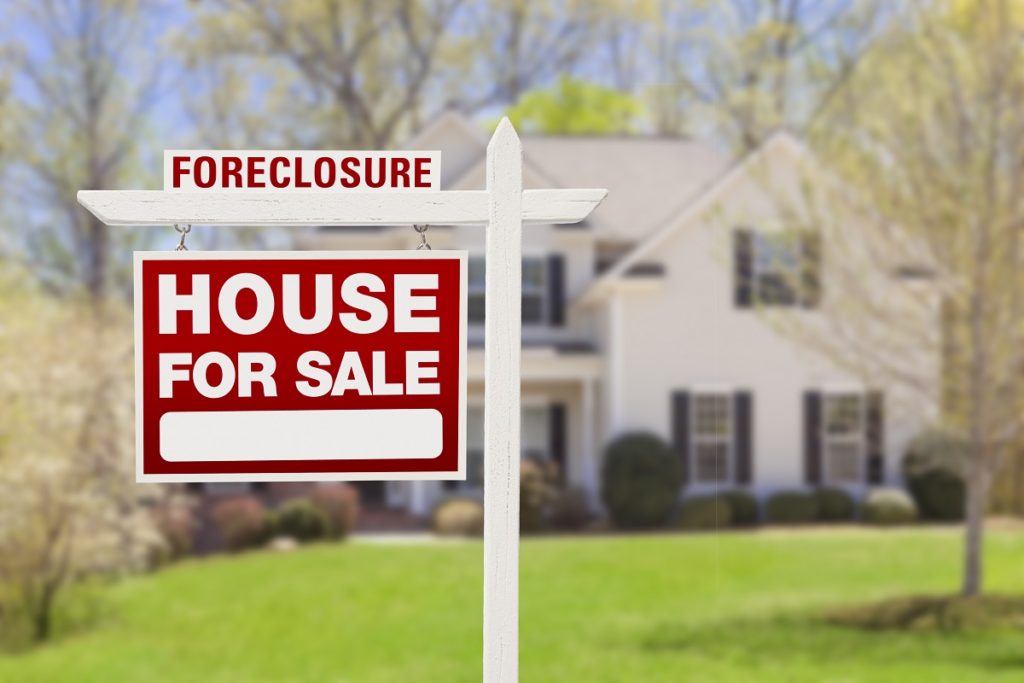The real estate industry witnessed some of the most irregular trends in the previous year. The biggest highs and lows within the market were recorded. Many experts are uncertain of what the coming year will bring to the sector.
The global pandemic pushed a lot of people to migrate from urban city centers to more rural, low-density areas. Fueled mostly by a substantial increase in demand for living spaces, there were a lot of fluctuations observed within the numbers of the housing market.
Stark Differences
Given the mass movement of people, sales activities and prices saw an all-time high. This is especially true for many families and individuals who have sufficient financial capacities to purchase properties. The rental market, on the other hand, struggled. Both landlords and tenants found it difficult to come to terms and make ends meet.
With rampant unemployment and widespread income loss, various regulations were implemented to help protect tenants from evictions. This reflected negatively on landlords, especially those who rely heavily on rental income to pay for the mortgages, taxes, and maintenance costs on their properties.
These circumstances also disrupted the natural move-in, move-out, and eviction course within rental markets. Certain leaders within the sector see this as unnatural inflation which could lead to a similar crash as the 2008 housing market crisis. Landlords and even property letting agents should be wary of these predictions going into 2021.
Prolonged Occupancy
Some eviction regulations that were imposed have allowed tenants to remain in their rental properties for an extended amount of time. This is regardless of whether they were able to pay or not. In return, this significantly lowers the vacancy rate and sacrifices opportunities for more qualified tenants to move in.
Premium Rates
Keeping a property occupied when it should otherwise be on the market will also lead to rent inflation. Lower vacancy rates force landlords to raise their asking prices to a premium. Although it may sound like a profitable situation, this trend is still highly unnatural in nature which could prove to be detrimental in the long term.
Drastic Market Shift
With the constant rise of rental rates and even sales prices, the real estate market is highly susceptible to a crash. Once eviction regulations have been lifted, tenants may find themselves buried in debt as they are forcibly removed from their rentals. Landlords, as well, will have to find ways to offset the deferred payments on their properties. All of this could cause prices to drop in an instant, flooding the market.
The Right Moves

Landlords are caught up at the losing end of the real estate industry. Unable to collect rent or evict tenants, they will undoubtedly find themselves in difficult situations even after the pandemic has come to pass. Fortunately, there are some strategies for them to utilize in order to mitigate the oncoming struggle and even prevent a disaster from unfolding.
Maximizing Spaces
It should come as no surprise that tenants will often feel stuck or isolated, especially in residential buildings. As a landlord, consider expanding the common areas to allow for more socially-distanced interactions between tenants.
Investing in larger outdoor areas will also prove to be beneficial. Give tenants an open place to stroll around outside of their own spaces. Adding these features will surely appeal to potential renters as well, improving a landlord’s financial situation.
For single-family properties, providing tenants with the opportunity to rent room-per-room instead of the entire unit is also a viable option. This will give landlords more financial security since they are not dependent on a single tenant’s income. However, health protocols and social-distancing measures have to be ensured.
Necessary Arrangements
When it comes to leasing terms and payment plans, landlords should openly discuss these matters with their tenants. Within the context of a global pandemic, being amenable to these agreements will ultimately be beneficial for both parties.
Recognize the need for offering short-term leases to tenants. Instead of the usual one-year arrangements, landlords should provide the option of 6-month or even 3-month leasing. Of course, having an accordingly slight increase in rent could account for the potential losses.
Take note of the financial capabilities of tenants as well and be considerate of their payment schedules. Evicting tenants for inability to pay rent during a pandemic will most likely shine a negative light on the landlord which could be alarming to other potential renters.
Despite the recent development and manufacturing of a vaccine, a new strain of the virus has also been discovered. Emerging from this global crisis economically will definitely be a slow process. These are uncertain times for the real estate industry, especially the rental market. Make sure to take the necessary steps and be adaptable to the circumstances.

